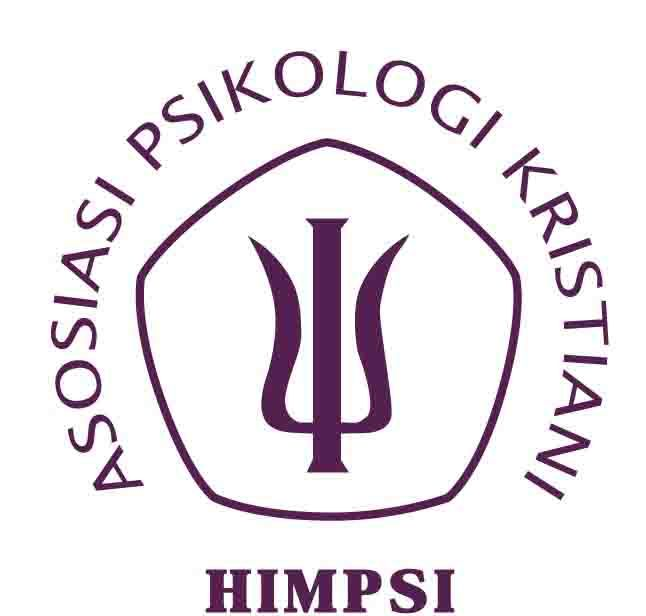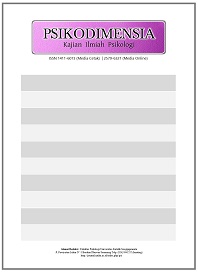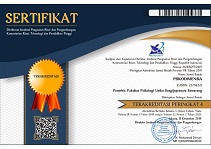Relation of Student-Teacher Trust with School Well-Being to High School Students
Abstract
Keywords
Full Text:
PDFReferences
Basch, C. A. (2012). Student-teacher trust relationship and student performance. Education Doctoral, 118, 1-145.
Byrk, A. S., & Schneider, B. (2004). Trust in schools. New York, NY: Russell Sage.
Eres, F., & Bilasa, P. (2016). Middle school students’ perceptions of the quality of school life in Ankara. Journal of Education and Learning, 6(1), 175-183. Doi: 10.5539/jel.v6n1p175
Hamidah, N. (2018, 19 Januari) Guru dan perilaku diskriminatif. Gurusiana.id. diunduh dari http://nurhamidah.gurusiana.id/article/guru-dan-perilaku-diskriminatif-4090440.
Ini 15 bentuk diskriminasi sekolah terhadap siswa versi KPAI. (2013, 01 November). detiknews. Diunduh dari https://news.detik.com/berita/2402128/ini-15-bentuk-diskriminasisekolah-terhadap-siswa-versi-kpai.
Khatimah, H. (2015) Gambaran school well-being pada peserta didik program kelas akselerasi di SMA Negeri 8 Yogyakarta. Psikopedagogia. 4(1), 20-30.
Konu, A., & Rimpelä, M. (2002). Well-being in schools: A conceptual model. Health Promotion International, 17(1), 79-87. Doi: https://doi.org/10.1093/heapro/17.1.79
Lee, S.J. (2007). The relations between the student–teacher trust relationship and school success in the case of Korean middle. Educational Studies, 33, 209-216. doi:10.1080/03055690601068477.
Lee, S.J. (2007). The relations between the student–teacher trust relationship and school success in the case of Korean middle. Educational Studies, 33, 209-216. doi:10.1080/03055690601068477.
Maele, D. V., & Houtte, M. V. (2010). The Quality of School Life: Teacher-Student Trust Relationship School Context. doi: 1 0-1007/s 1 1205-010-9605-8.
McEvoy, A. (2014). Abuse of power: Most bullying prevention is aimed at students. What happens when adults are the aggressors?. Teaching Tolerance.org. Retrieved from https://www.tolerance.org/magazine/fall-2014/abuse-of-power.
Mitchell, R. M., Kensler, L., & Tchannen-Moran, M. (2016). Student trust in teachers and student perceptions of safety: positive predictors of student identification with school. International Journal of Leadership in Education, 1-21. doi: 10/1080/13603124.20016.1157211.
Taufiqurrahman. (2018, 03 Februari). Penganiayaan guru oleh siswa di Sampang, begini kronologinya. KOMPAS.com. Diunduh dari https://regional.kompas.com/read/2018/02/03/10041991/penganiayaanguru-oleh-siswa-disampang-begini-kronologinya.
Tian, L., Liu, B., Huang, S., &Huebner, E. S. (2012). Perceived social support and school well-being among Chinese early and middle adolescents: the mediational role of self-esteem. Social Indicator Research, 113, 991-1008. doi:10.1007/s11205-012-0123-8.
Tschannen-Moran, M. (2014), Trust matters: leadership for successful schools (2nd ed.). California, CA: Jossey-Bass.
DOI: https://doi.org/10.24167/psidim.v17i2.1664
Print ISSN : 1411-6073 | online ISSN : 2579-6321 View My Stats

This work is licensed under a Creative Commons Attribution 4.0 International License.




















